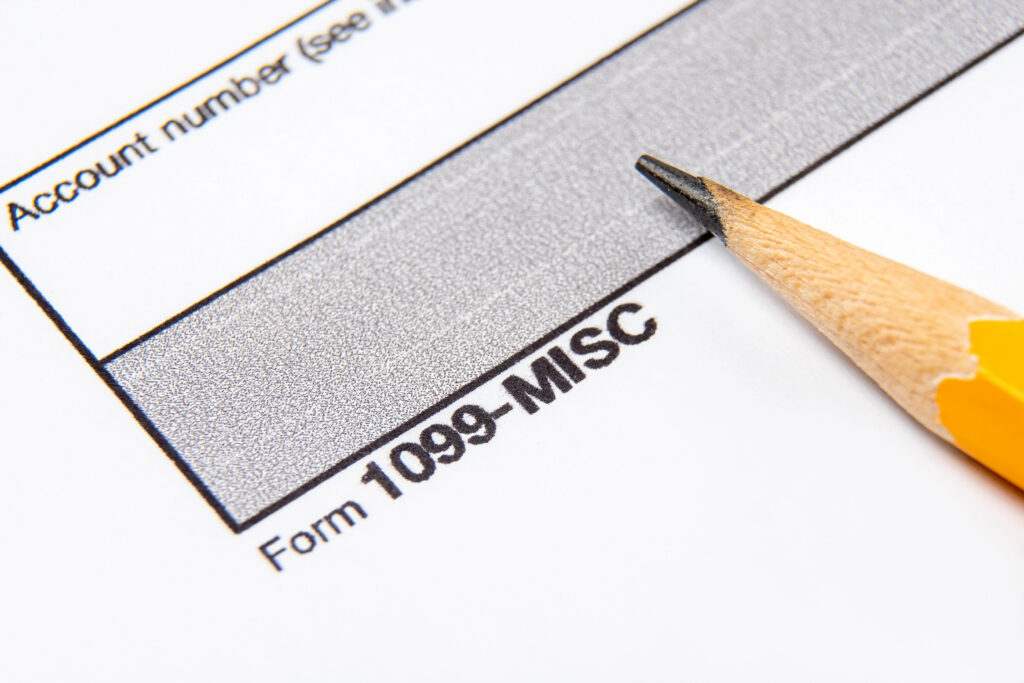Your Favorite Orange County Bookkeeper Discusses Financing Options for Small Businesses

Patty Hansen
All small businesses need cash to operate, and there are many ways to generate the required cash. The most common way that many businesses get started is when the owner makes an investment from their savings or other personal cash. But what if it’s not enough? In this article, Your Favorite Orange County Bookkeeper examines some of the more common ways to finance a business.
Community Banks
Most community banks are big proponents of small businesses, so this is a great place to start. Establish a relationship first by opening business checking and savings accounts. Then apply for a line of credit, which is a pre-approved loan that you can tap when you need it.
If you plan to purchase a building or equipment, you should be able to get a loan by using the asset as collateral. Business expansion loans are possible too; you may be able to borrow against your accounts receivables or other contracts with guaranteed income.
Beyond community banks, there are also many online lending agencies, banks, credit unions, and community development financial institutions (CDFIs) to apply to for a loan.
When applying for a loan, you will likely need a good personal credit rating and either a strong business plan or audited financial statements to show the financial condition of your business. Your Favorite Orange County Bookkeeper at Team One Accounting can help you create these financial statements.
Partners and Investors
Investors such as angel investors or venture capitalists can provide cash in exchange for either a debt or an equity position in your business. Obtaining financing this way is a big decision since you are no longer the sole owner of the company if you give away some of your equity.
Another option is to bring a partner into your business. Typically, the partner will provide cash as well as management or other skills that complement yours and be active in running the business with you.
Government Support
There are many government programs to help with small business financing this year due to the pandemic. The Small Business Administration has loans and programs available to small businesses on a consistent basis. This year, they are also managing the forgivable Paycheck Protection Program (PPP) loans, economic disaster funding, shuttered venue operator loans, and restaurant relief grants, to name a few.
You might also want to see what’s available from your county, city, and community governments. Last, organizations like the Small Business Development Council (SBDC) can provide space, funds, and training to small businesses in their area.
Nonprofits and Educational Institutions
Your business may also be able to benefit from nonprofits and educational institutions that provide grants, scholarships, and other funding opportunities to businesses and business owners in certain categories. For example, your local chamber of commerce may have programs and funding options available for local businesses.
Factoring
Factoring is an option for businesses with accounts receivable balances. A cash advance can be made with the accounts receivable balances as collateral. This type of loan is common in the retail fashion industry where items are ordered months in advance of when they are sold, causing a cash flow gap.
Crowdfunding
Crowdfunding has been made popular by platforms such as Kickstarter. A business can apply on these platforms for funding, and individuals can make contributions. Sometimes the business will promise goods or services in exchange for funding.
Credit Card Advances
It’s common for owners to put startup expenses on and use cash advances from their personal credit cards. This is one of the most expensive ways to fund a business and should be used as a last resort.
The Fine Print
All financing options come with fine print. Terms and interest rates vary significantly. Sometimes, there is a cliff, where you have to pay everything back all at once. Be sure to carefully read any agreements you sign and run them by a lawyer if you don’t understand them. Your personal financial situation could suffer greatly if you are not careful.
For example, businesses that got a PPP loan and later received a buyout offer may not be able to sell because the loan agreement prohibits them from doing so. If they didn’t read the fine print and sold the company anyway, they are now personally liable to pay back the PPP loan proceeds.
If you have questions or want to discuss financing options, please feel free to contact Your Favorite Orange County Bookkeepers at Team One Accounting.
Related Posts
Why February Isn’t Too Late to Handle 1099 Clean-Up
Even though the standard IRS deadline for sending 1099-NECs is January 31, many business owners are still catching up in February, especially if their books were behind. If that’s you, don’t panic. February is still an important window to: Correct contractor information Obtain missing W-9s Verify totals paid Reduce penalties by filing as soon as…
Fall in Love with Your Numbers: How to Stay Organized and Financially Informed in Your Business
Valentine’s Day is usually about romance, chocolate, and showing love to the people who matter most. But as a small business owner, there’s another relationship worth nurturing this season: the one you have with your business finances. If bookkeeping has ever made you feel overwhelmed, behind, or disconnected from your business performance, you’re not alone.…
Start the Year Strong: A Bookkeeping Checklist for Small Business Owners
The start of a new year is one of the best opportunities a business owner has to reset, get organized, and build momentum. Instead of waiting until tax season to “deal with the books,” January is the perfect time to put a few smart financial habits in place that will make the rest of the…



